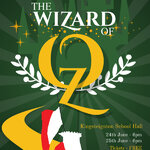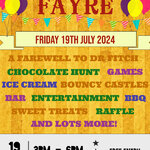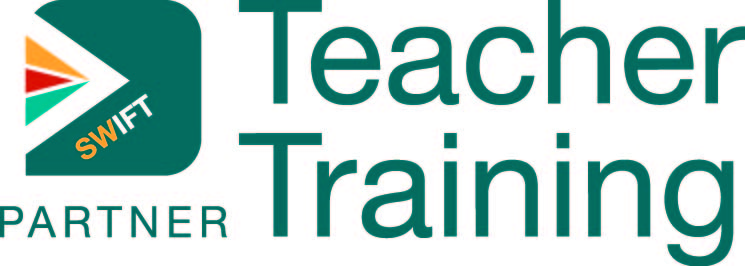PSHE
At Kingsteignton school, PSHE (Personal, Social, Health Education) is taught through weekly Jigsaw lessons.
Jigsaw is a mindful approach to PSHE and brings together personal, social, health education, emotional literacy, social skills, and spiritual development in a comprehensive scheme of learning. Jigsaw is designed as a whole school approach, with all year groups working on the same theme (Puzzle) at the same time.
The Puzzles (units) are:
Being me in My World
Creating Difference
Dreams and Goals
Health Me
Relationships
Changing Me
These puzzles form our sequence of learning over each academic year. To find out which topic your child is currently learning about, see your child’s year group’s ‘Long Term Planning’ document (found on the website under curriculum).
We are committed to developing children's social, emotional, health education and helping children learn about how to respect their own and others’ rights. Children are taught calming strategies during mindfulness moments in class at the start of each lesson. Each classroom has a calm space where children can access sensory resources and practise calming techniques which have been taught during mindfulness moments.
As well as learning about our health and wellbeing in PHSE lessons and assemblies, we also encourage children to use strategy cards to help them to regulate/request an activity or to request some time in our spare classrooms which allows them to think about how they are feeling and what they could do to feel better.
Mental Health and Well Being
Mental Health and Well Being
Our mental health and wellbeing learning links to article 24 and 19 of The Rights of a Child.
In a recent assembly about our mental health and wellbeing, we listened to the story ‘Ruby’s Worry’ (linked below) and talked about how it is good to talk about our worries which can help ‘shrink’ the worries.
Listen/watch the story here: Ruby's Worry (Share a Story Corner) (youtube.com)
As a school, we have recently started to gather ideas about 10 steps to a positive mental health. This followed on from an assembly about having a positive mental health.
Below are some of the ideas that the children suggested in an assembly which helps them to feel happy/calm/relaxed:
- Speaking to friends and/or family
- Spending time on a hobby (learning an instrument, playing sport etc)
- Being active
- Doing a creative or relaxing task (painting, reading etc)
- Sleep (getting a good night's sleep)
- Eating well
- Staying hydrated
- Talk about what we are good at and celebrate achievements
Next, we will create a whole school poster where the children will draw pictures to match each tip for maintaining a positive mental health. We will then be able to refer to the poster in assemblies and lessons which will help us all to remember to take time to complete tasks which help us maintain a positive mental health.
Our Family Support Worker
Family Support Worker
Our Family Support Worker, works with many families in our school to help provide support for children, parents and the whole family.
They also works with individual children and with small groups running ELSA interventions (Emotional Literacy Support). In these sessions, children complete activities and discuss topics relating to: social skills, emotions, bereavement, social stories and therapeutic stories, anger management, self-esteem, counselling skills such as solution focus and friendship.
Find out more about ELSA: Resources for Emotional Literacy Support Assistants - ELSA Support (elsa-support.co.uk)
Free Resources available on ELSA: Free Resources Archives - Elsa Support (elsa-support.co.uk)
We also run Nurture Clubs on a Friday afternoon which we call Sunflower Club. Here children will work on social and emotional skills further.
SENCO Support
SENDCo
Mrs Hobbin-Mills will support many children with their social, emotional and mental health. This also includes providing SENCO support to parents and staff through reviewing ongoing provision and signposting.

.jpg)

.jpg)




